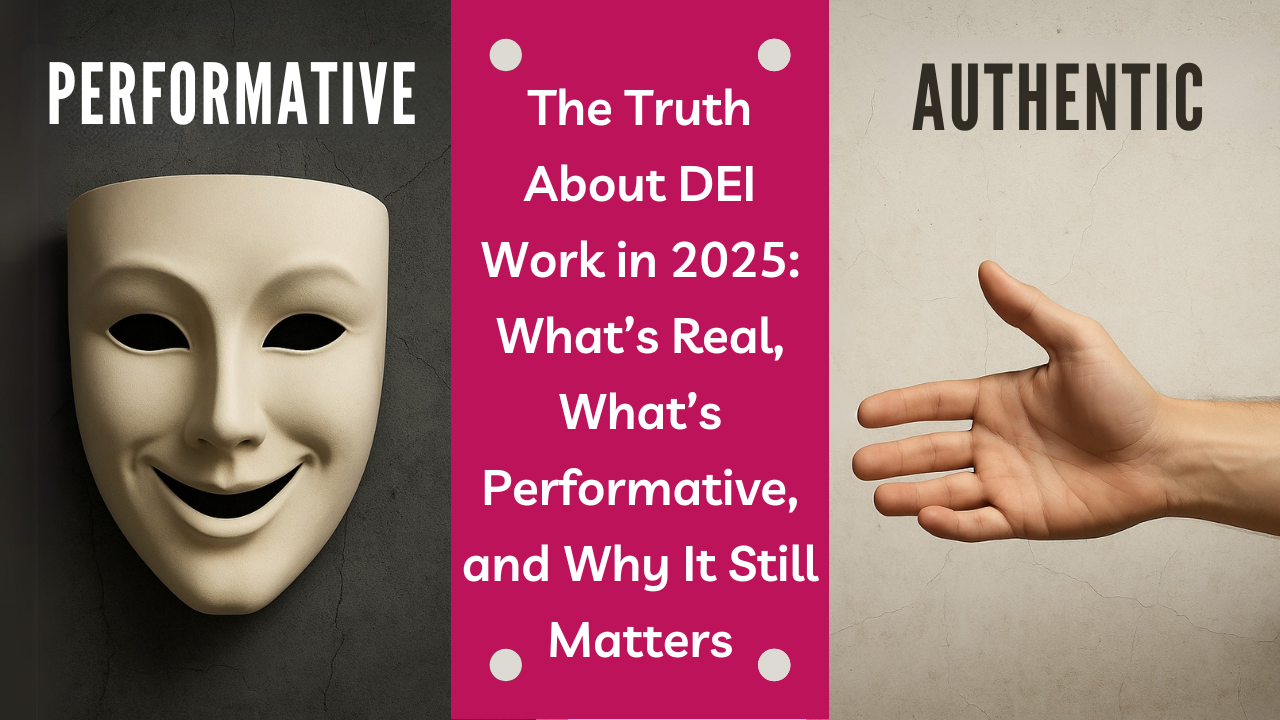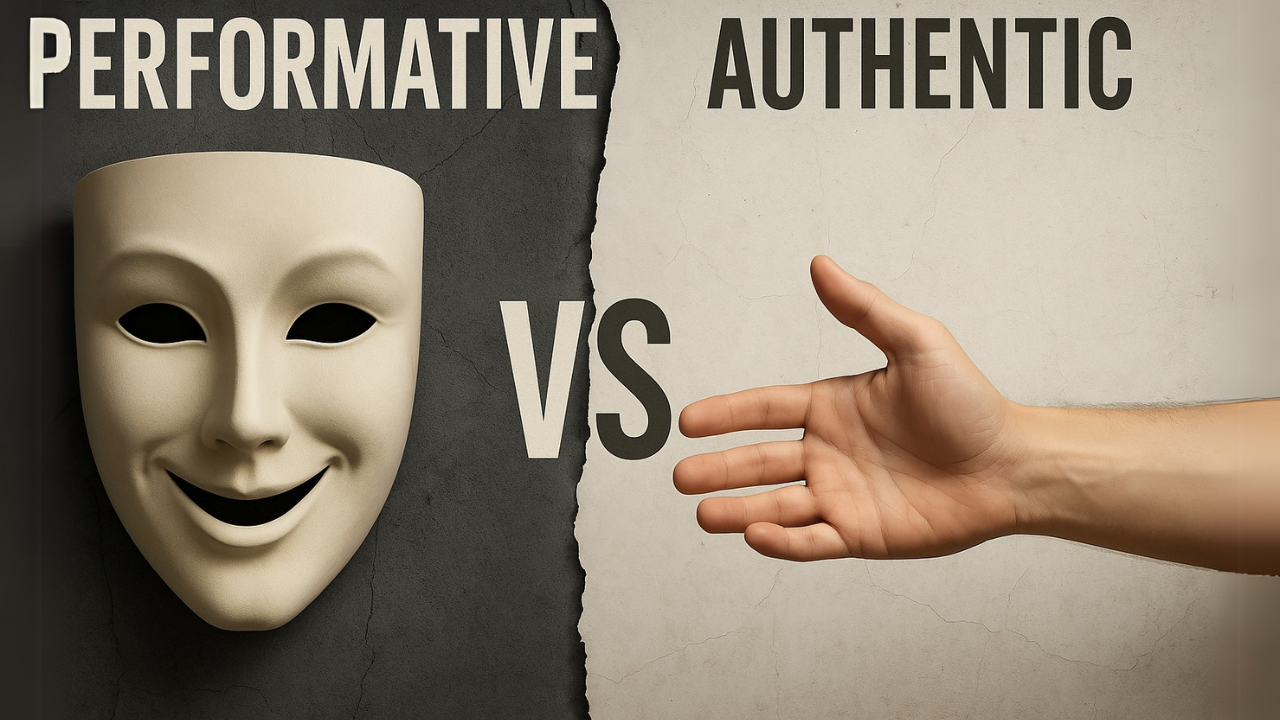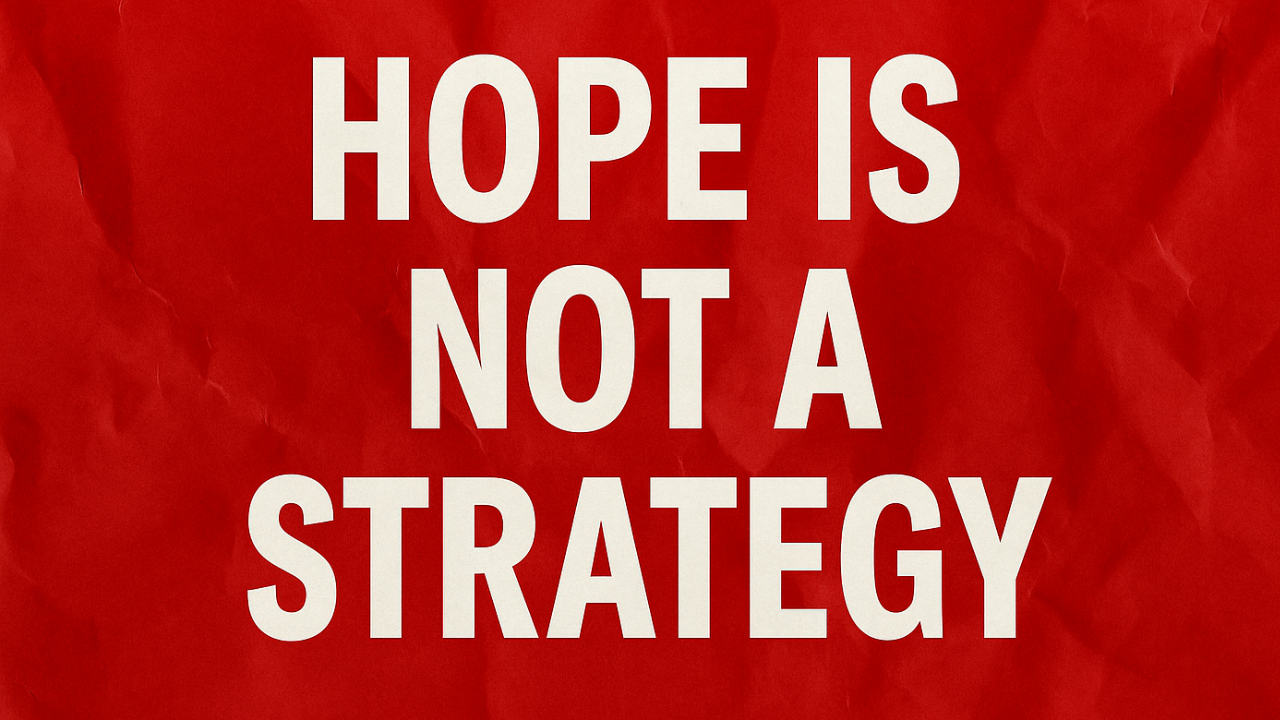
I’ve spent years helping people find clarity and courage in their careers, and lately, there’s one question I hear more and more often from clients, colleagues, and corporate leaders alike:
“Is DEI dead?”
And honestly? It’s a fair question.
In 2025, Diversity, Equity, and Inclusion (DEI) work in the United States has entered a turbulent new chapter—one defined by sharp political reversals, legal crackdowns, and rising skepticism.
But if you ask me—and my recent podcast guest, the incredible coach and HR executive Aileen Edwards, who’s spent her life advocating for inclusive workplaces—the answer is this:
No, DEI isn’t dead. It’s just being tested. And it matters more than ever.
In this blog, I want to unpack what’s really happening with DEI in 2025—what’s real, what’s performative, and most importantly, why it still matters to your career, your company, and your community.
🎧 Prefer to listen? Tune into the podcast here.
How Does DEI Work Exactly?
DEI isn’t just a buzzword or a branding strategy. At its core, it’s about changing how power and opportunity operate inside a company. Diversity is who’s in the room—across race, gender, age, ability, sexuality, and more. Equity is whether everyone has a real shot at success. Inclusion is whether people actually feel heard, valued, and safe enough to stay.
Real DEI work means rewriting systems: how people are hired, promoted, paid, protected, and developed. It’s setting real goals, tracking progress, holding leadership accountable, and actually listening to employees from historically excluded groups.
When it’s performative, it’s a single workshop or a shiny page on the website. When it’s real, it changes how a company works and who it works for.
And that kind of work? Still worth fighting for.
DEI Jobs in 2025: Navigating the New Political Reality
Let’s not sugarcoat it. The DEI landscape has been rocked by aggressive federal rollbacks under the second Trump administration.
Within days of taking office, President Trump issued executive orders dismantling every federal DEI initiative—programs, positions, policies, all gone. Even affirmative action guidelines for contractors were eliminated, and DEI efforts in higher education were swept away with them.
And it didn’t stop there.
The DOJ and EEOC are now tasked with actively investigating so-called “illegal” DEI efforts in the private sector—especially among federal contractors. Organizations must certify that their programs comply with these shifting interpretations of anti-discrimination law or face civil and even criminal penalties. The message is loud and clear: pull back—or risk legal fire.
The result? A chilling effect across sectors.
🎓 Colleges are scrambling.
💼 Grant recipients are walking on eggshells.
🏢 Companies that once shouted their DEI values from the rooftops? Now eerily quiet.
Why? Many are making DEI cuts out of fear. Not because they don’t believe in the work… but because they’re terrified of being targeted next.
But here’s what this moment is really doing: It’s drawing a hard line between performative gestures and actual, values-driven action. Between the companies that only talked the talk versus the ones still walking it.

What’s Performative: The Illusion of Inclusion
Here’s what happens when fear takes over: companies get quiet. Real quiet.
They swap out DEI job titles for “People & Culture.” They scrub their websites for anything that might look too political. They lean into “merit-based hiring” like that’s ever existed in a vacuum.
Some check the box with a one-time training or drop a shiny new DEI landing page… and call it a day. As if equity is something you can Photoshop.
But Aileen? She’s seen what real leadership looks like—and when it’s just another company hiding behind the right words.
After 40 years in HR, she’s watched people hoard power and sabotage others behind closed doors. Not because they were better. But because they were scared. Scared of being outshined. Scared of someone like her moving up. Scared that inclusion might mean making room.
“They didn’t want to see someone like me move ahead,” she told me.
“And I didn’t have someone like me to guide me through. That’s why I’m becoming that person now.”
That’s it. That’s the whole difference.
Performative DEI is performative power. It’s gatekeeping with better PR.
Real DEI? It’s someone walking beside you. Holding the door open. And standing there long enough to make damn sure you get through it too.
Want someone to walk beside you in your career journey? Book your free Career Clarity Call now.
Real DEI Work: What Companies Actually Need in 2025
Despite the chaos and political theater, the smartest companies aren’t backing down. Because they can’t afford to.
They’ve finally figured out that DEI isn’t some HR side project. It’s a business necessity.
Diverse teams solve harder problems. Bounce back faster. Make more money. Full stop.
And employees—especially Gen Z and millennials? They’re not begging for inclusive workplaces. They’re expecting them. So are your customers. So are your investors. The pressure isn’t going away. It’s multiplying.
Aileen knows this better than most. After decades leading equity work inside complex organizations, she’s seen firsthand how the companies that take DEI seriously aren’t just “doing the right thing”—they’re building stronger businesses.
And she’s here to help more of them do exactly that.
Why DEI Careers Still Matter for Job Seekers in 2025
In 2025, it’s tempting to think DEI is too risky, too controversial, or just too complicated. But here’s what I want you to remember:
DEI is not a trend. It’s a necessity. And it’s not going anywhere, because the world won’t let it.
Let me be real with you: I’m a white woman working in career coaching. I know I carry privilege. And for a long time, I was afraid of saying the wrong thing. I stayed quiet, thinking silence was safer.
But one day, I asked myself: Who is my silence helping?
And the answer was clear: no one.
That’s when I started speaking up. Not because I have all the answers (I don’t). But because I have the responsibility to use my voice.
Aileen said it best: “Hope is not a strategy.” And she’s right.
DEI work isn’t about checking a box.
It’s about making a plan. It’s about showing up, backing it with action, and staying in it—even when it’s hard.
Because this work?
It’s strategic. It’s data-driven. It’s long-term.
And it has real human stakes.

The Future of DEI Work: Authentic Leadership and Brave Conversations
So… what now?
I believe we’re at a turning point. The political attacks have stripped away the glossy performative layers.
What’s left?
🔥 A chance to rebuild DEI from the inside out.
Not with corporate slogans. Not with sanitized statements. But with action. With accountability. With actual humans doing the work.
This moment is a reckoning, but it’s also an invitation.
→ To ditch the optics and get honest about what inclusion really looks like
→ To let go of performative gestures and lean into personal accountability.
→ To speak up even when it’s uncomfortable. Especially when it’s uncomfortable.
That’s exactly what Aileen is doing.
After 40+ years she’s leaving her executive HR role to build a coaching practice focused on empowering women of color—women who, like her, didn’t have someone to guide them through those complex leadership landscapes.
She’s helping mid-career women step into their power, navigate the executive ranks, and stay grounded in their values. Her mission? To teach, guide, and share everything she’s learned, so others don’t have to go it alone.
Let me tell you something: that’s DEI work. Coaching. Mentoring. Listening. Opening doors. It’s not always loud or political.
Sometimes?
It’s as quiet as one woman telling another, “You’ve got this. And you’re not alone.”
Real vs. Performative: A 2025 Snapshot
Let’s break this down clearly:

Can you still have a career in DEI in 2025?
Short answer? Yes. But it looks different now.
If you feel called to work in Diversity, Equity, and Inclusion (DEI) in 2025, your voice is still needed, louder and more strategic than ever. But let’s be real: the landscape has changed.
Federal DEI programs have been dismantled, and companies tied to government contracts are scaling back due to legal risk. And full-time DEI roles? They’re being rebranded under safer labels like “culture,” “employee experience,” or “talent development.”
Still… this isn’t a dead end. It’s a detour.
The companies still investing in DEI? They tend to be global, privately held, values-driven, or simply brave enough to keep pushing forward. The jobs exist, you just have to know where (and how) to look.
To succeed, you’ll need:
- Strategic adaptability
- Legal fluency
- Resilience that doesn’t crack when the politics do
In 2025, DEI demands framing your work in terms of culture, innovation, and risk mitigation. It's less about the title and more about the impact. Build strong executive partnerships, focus on measurable outcomes, and stay compliant with evolving laws.
"To succeed, you'll need strategic adaptability, legal awareness, and resilience. For specific guidance on navigating this challenging landscape, check out these career strategies for surviving the current political climate."
As Aileen shared with me, this work may be exhausting—but it's essential.
The need for inclusion isn’t less urgent in 2025… it’s just more complex. And for the ones willing to meet this moment with clarity and courage? There’s still a powerful place for you in this work.
This isn’t the end of careers in DEI careers.
It’s a call for smarter, braver, and more strategic action.
FAQs: DEI Work in 2025
Is DEI dead as a career field?
Not even close. DEI hasn’t died, it’s been rebranded, reframed, and in many cases, politically targeted. The flashy titles might be disappearing, but the actual work is moving into roles like People & Culture, Talent Strategy, Employee Experience, and ESG. The smartest orgs still know: inclusion isn’t optional, it’s essential for innovation, retention, and long-term growth.
Which companies are still committed to DEI hiring?
Private, global, and values-driven companies are leading the charge, think Patagonia, Salesforce, Ben & Jerry’s, Accenture, and some high-growth startups without federal funding ties. These orgs may not always shout “DEI” from their job boards anymore, but they’re still investing in equity-centered leadership, inclusion strategy, and culture transformation.
Should I still pursue a career in DEI in 2025?
Yes. We need you more than ever. The work is harder now… and more important. If you care about impact, inclusion, and justice, now’s the time to bring your strategy, your clarity, and your voice to the table.
About Career Coach and Author
Theresa White, Career Clarity Expert, 5x Certified Career Coach, and the Founder of Career Bloom, is known for her expertise in guiding people to get unstuck and find the direction they need to move forward in their careers—fast. In a time when so many people are re-evaluating their work, Theresa offers actionable insights that empower clients to identify their true strengths and pursue work that genuinely aligns with their goals.
Theresa’s clients often call her sessions “epiphanies” and “transformational.” She brings immediate clarity to career goals, helping people unlock a deep understanding of what makes work fulfilling for them. Past participants consistently describe her approach as “spot on” and an “answer to questions they’d been asking for weeks.”
Theresa’s approach is empathetic yet practical, and she’s known for empowering clients with a clear direction in as little as 30 days, guaranteeing results.
Connect with Theresa on LinkedIn, listen to the Career Clarity Unlocked Podcast, or schedule your free 30-minute career clarity consultation.

Don’t Let the Noise Drown Out the Mission
Yes, the legal and political landscape is complex. Yes, it’s harder to navigate than ever before. But hard doesn’t mean hopeless.
But here’s the truth:
We don’t need DEI because it’s trending. We need it because it’s right.
✨ It’s right for business.
✨ It’s right for people.
✨ It’s right for the future we’re building.
I’ll leave you with Aileen’s wisdom: “Just start anywhere and go everywhere.”
No matter where you are in your DEI journey—starting, struggling, scaling—you don’t have to be perfect. You just have to start.
And if you need a partner in that journey? I’m here. So is Aileen. So are countless others doing this work with heart, strategy, and courage.
Because DEI is not dead.
It’s just getting real.
What Other Job Seekers Are Reading
- What to do when you're feeling stuck in career
- How to Find Your Perfect Career
- 8 progressive companies to work for
- 7 Message Templates to Reach Out to Recruiters
- How to Use AI to Find a Job in 2025: Why Soft Skills Still Matter
- Free Job Search Tracker
- Get Career Clarity In Just 30 Days!
- Take this 60 second quiz to see if a free career clarity call with my team is your next best step.
Subscribe now to never miss the latest blog!
Every Thursday, we cover an important topic, actionable advice, and inspiring content to help you find work that makes you feel like *pinch me* I'm getting paid to do this???
We hate SPAM. We will never sell your information, for any reason.




